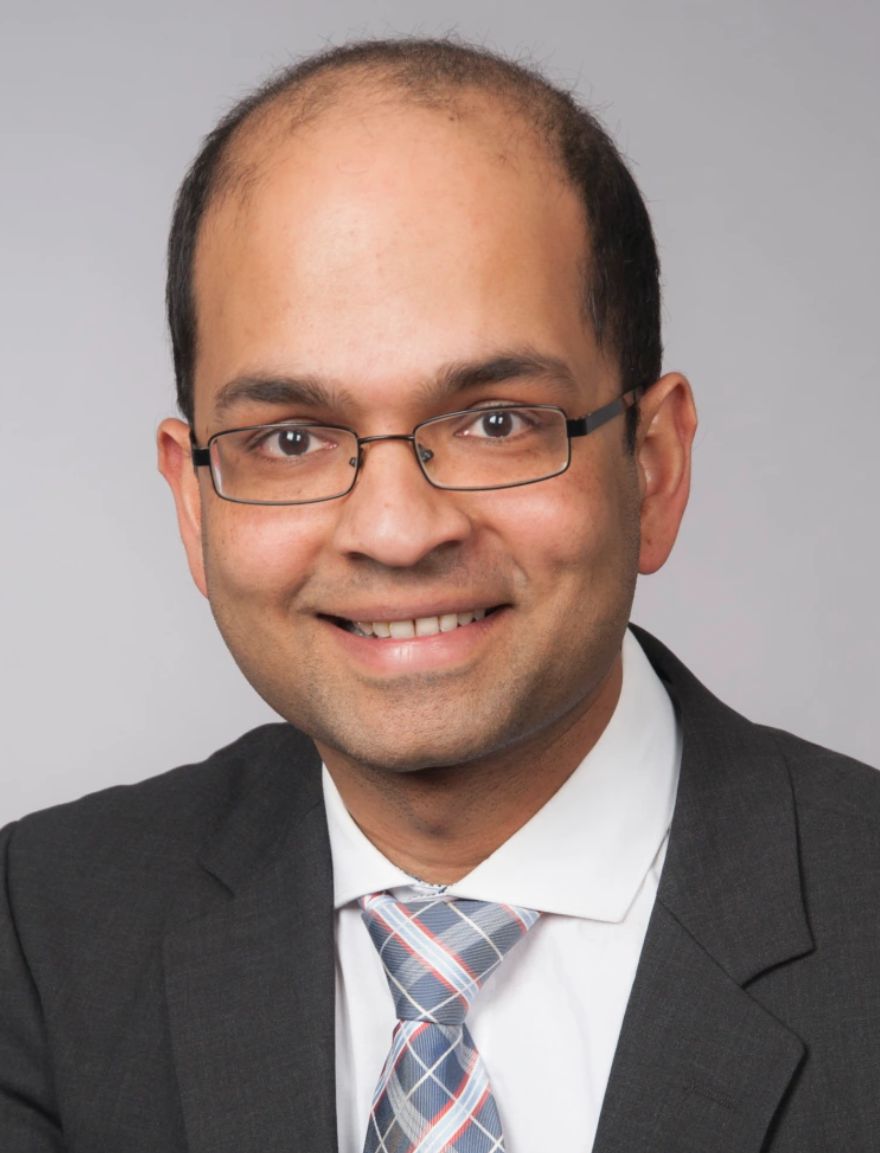Development and Application of Biostatistical Methods to Improve Predictive Modeling of Clinical Data for Precision Medicine
Details
| Presenter: | Prof. Dr. Muthuraman Muthuraman |
| Title: | Development and Application of Biostatistical Methods to Improve Predictive Modeling of Clinical Data for Precision Medicine |
| Affiliation: | University of Augsburg |
| Date: | 30.05.2024 |
| Time: | 17:00 h |
| Place: | C 03.025 (Kolloquium) |
Contents of the Talk
 Objective:
Objective:
The primary aim of this talk is to develop and apply biostatistical methods to improve predictive modeling of data for precision medicine. In order to achieve such a solid framework for different type of datasets the selection of methods are important. However, currently there is no universal method which can be applied for data gathered from humans.
Methods:
To understand the given data at hand, first statistical tools which consider the distribution of the data namely Bayesian posterior distribution will be discussed. Second, to counter one of the most important problems in most of the clinical datasets is the demographics namely matching cohorts for sex would be considered with propensity score matching analyses. In order to model complex datasets, with several input and output variables the structural equation modelling will be delibrated. After understanding and modelling the datasets the prediction will be covered with some machine and deep learning approaches and finally some applications to datasets from multimodal, longitudinal and signal based analyses will be explored.
Results:
For each methodological aspect an example will be provided with obtained results. The applications will be highlighted with examples and corresponding results.
Conclusion:
Taken together, the integration of methods leading to the individualized prediction of each subject will be demonstrated.
Short CV
Muthuraman Muthuraman was born in Chennai, India, in 1980. He received the B.E. degree in electronics and communication engineering from the University of Madras, Madras, India, in 2002, and the MS in digital communications in Christian Albrechts University, Kiel, Germany in 2006. Ph.D. degree in biomedical engineering from the technical faculty and Department of Neurology of Christian Albrechts University, Kiel, Germany, in 2010. In 2010, he joined the Department of Neurology, University of Kiel, as a Post-doc, and in 2013 became a senior post-doc. Since December 2016, he has been with the Department of Neurology, Johannes Gutenberg University Mainz, where he is an Assistant Professor, and the head of the department biomedical statistics and multimodal signal processing unit. Currently from 2024 he is heading the group Informatics for Medical Technology (IMT) in Augsburg as an associate professor and second affiliation to Julius Maximilian university of Würzburg in the department of Neurology and head of the group Neural Engineering with Signal Analytics and Artificial Intelligence (NESA-AI). His current research interests include mathematical methods for time series analysis and source analysis on oscillatory signals, sleep, function of oscillatory activity in central motor systems, biomedical statistics, connectivity analyses, multimodal signal processing and analyses of EEG, MEG, fMRI and EMG, structural and network analyses on anatomical MRI and DTI, functional network analyses on PET imaging, machine learning and deep learning, network analyses on proteomic and genomic data, RNA, mRNA and Spatial transcriptomics.




